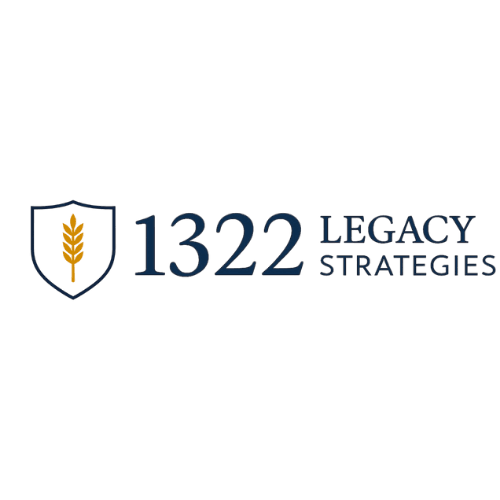Tariffs Are Rising. Will Your Capital Be Ready When Prices Fall?
When political storms hit the market, the quickest hands—not the smartest pundits—reap the harvest.
The Trade-War Weather Report
Last week Frank Shostak unpacked Washington’s latest tariff volley and the logic behind it: shrink imports, boost exports, and—so the story goes—grow GDP. Mises Institute
Yet Austrian economists remind us that tariffs redirect—not create—wealth. They raise consumer prices, distort production, and slow the very economy they claim to rescue.
But there’s a silver lining for prepared stewards: price distortions often birth mis-pricings. When fear spikes and liquidity dries up, quality assets can change hands at yard-sale prices.
“Crisis Investing is about keeping dry powder for the day panic sellers hit the ‘must-sell’ button.”
Capital-on-Call: The Steward’s Advantage
Nelson Nash framed the principle more bluntly:
“He who has the gold makes the rules.” YouTube
Access to capital—your own capital—dictates whether you set the terms or accept them. Faith-minded families often sense this instinctively: Proverbs applauds the ant who stores in summer so he can act in winter.
Three Powers of Liquid, Guaranteed Capital
Dividend-paying whole-life insurance—the backbone of the Infinite Banking Concept—uniquely delivers all three. Your cash value compounds uninterrupted, yet policy loans arrive in days, often without credit checks. That’s capital-on-call.
Tariffs Can Trigger a “Kingdom Discount”
- Imported Goods Get Pricier
- Export-Dependent Firms Get Pinched
- Leverage Cracks
Stewards with policy-backed liquidity can purchase equipment, real estate, or dividend stocks at fractions of prior highs—then enjoy the rebound when sanity returns.
Case Study: The 2020 Lumber Crash
During early-pandemic chaos, lumber futures plummeted 40 percent in weeks. One 1322 client borrowed against his policy at 5 percent, bought a truckload of inventory from a panicking supplier, and doubled gross margin when housing starts roared back the next year. His policy still earned dividends on the full cash value while the loan was outstanding.
The Bigger Picture: Tariffs, Debt, and the Dollar
Tariffs are not isolated skirmishes; they’re signals:
- Governments need revenue without admitting taxes are rising.
- Politicians attempt to manufacture growth instead of unleashing productivity.
- Monetary inflation meets protectionism—a recipe for stagflation.
In that environment, cash isn’t king—capital that grows while you borrow against it is.
Building Your “Crisis Chest”
- Capitalize – Systematically fund your whole-life policy until premiums feel like paying yourself first.
- Accumulate – Let guaranteed cash value and dividends snowball, immune to tariff headlines.
- Access – When markets misprice assets, request a policy loan—usually in 3–5 business days.
- Redeploy & Recycle – Invest, earn, repay, repeat. Your capital base keeps compounding for the next opportunity.
Scripture in Practice
“The prudent sees danger and hides himself, but the simple go on and suffer for it.” —Proverbs 27:12
Tariffs may or may not collapse markets tomorrow, but prudence says: prepare.
Ready to Put Capital Control Back in Your Hands?
Book a Legacy Clarity Call with a 1322 strategist. We’ll show you how to structure a personal banking system that keeps your money liquid, growing, and ready—no matter what policy makers do next.
Target Keywords
- US tariff policy retirement
- crisis investing strategies
- access to capital whole life
- infinite banking tariffs
- Doug Casey crisis investing retirees
FAQ (PAA Snippet)
Q: How do new US tariffs affect retirees?
A: Tariffs raise consumer prices and can trigger bear markets, threatening fixed-income portfolios. Retirees with liquid, policy-based capital can instead capitalize on discounted assets while their wealth keeps compounding.
Q: Is borrowing against a whole-life policy risky during economic uncertainty?
A: Policy loans are collateralized by your cash value—so you’re borrowing against yourself, not from a volatile lender. The policy continues earning dividends on the full value, offsetting loan interest for disciplined stewards.
Q: What did Nelson Nash mean by “he who has the gold makes the rules”?
A: Nash emphasized that controlling capital—rather than surrendering it to banks or Wall Street—gives you the power to set terms and seize opportunities, especially during crises.


